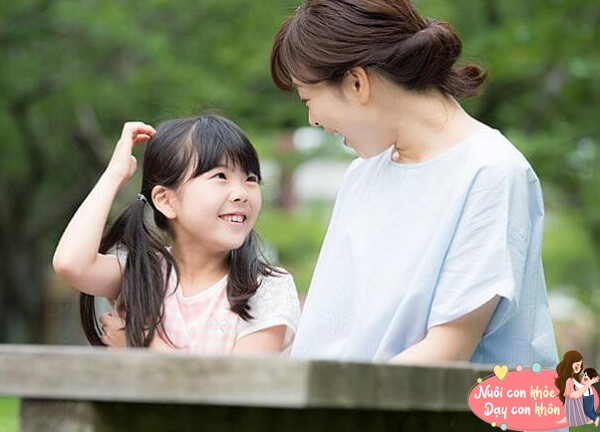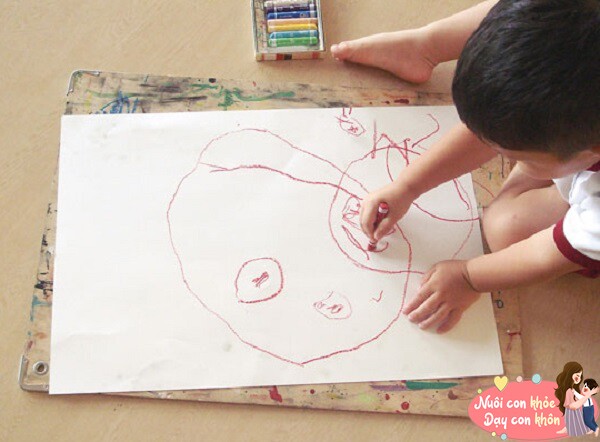Enhancing understanding, communication, and companionship in a child’s development. Experts suggest ways for parents to understand life from their child’s perspective.

Foster Curiosity
Children are inherently curious about the world around them and often ask countless questions about everything they see, hear, or sense. This is a natural part of their development, reflecting their eagerness to learn and their thirst for exploration.
Instead of merely providing quick answers or ignoring their inquiries, parents should view this as a precious opportunity to discover the unknown together with their children.

Children are inherently curious.
Doing so satisfies their curiosity, encourages the development of critical thinking and problem-solving skills. When parents explore a topic with their children, such as how an airplane works or why the sky is blue, it creates an opportunity for interaction, discussion, and knowledge sharing.
By embarking on this journey of discovery together, parents can gain a deeper understanding of their children’s interests and passions, leading to better connections, a positive learning environment, and the encouragement of self-expression.

Set Aside Adult Judgment
Adults tend to evaluate things based on their own values and experiences, but this doesn’t apply to children. Children view the world from a more direct and simplistic perspective, unburdened by societal norms and prejudices.
Their innocent and pure perception enables children to explore without limits and fosters a rich imagination.

Set aside adult judgment.
Therefore, to understand their children better, parents should temporarily set aside their judgment and strive to approach their children’s thoughts and behaviors from the children’s own perspective. This helps parents gain a deeper understanding of their children and creates a safe space for them to freely express themselves.
By seeing the world through their children’s eyes, parents will realize that their children’s questions, actions, and interests are not odd or quirky but rather a reflection of their curious and exploring minds.
Children may ask seemingly simple yet profound questions, and through these inquiries, they express their curiosity and desire to learn about the world around them.

Pay Attention to Emotional Experiences
Children’s emotional world is rich but also complex. They can feel joy or sadness over things that adults may consider trivial. For children, each moment holds unique significance, and these emotional experiences profoundly shape their perspective on the world.
Parents should be attentive to their children’s emotional experiences, notice mood changes, and offer appropriate support and comfort. This helps children feel valued and understood, and it conveys the message that their emotions are important and worthy of sharing.

Pay attention to emotional experiences.
When parents take the time to listen and understand their children’s emotions, it creates a safe and supportive environment, encouraging children to be more open about their thoughts and feelings.
For instance, if a child feels sad about not being able to play with their friends, a parent’s sensitive response will assure the child that their emotions are normal and accepted.

Respect Children’s Individual Talents and Interests
Every child has unique interests, passions, and talents. This diversity enriches the world of childhood. Parents should respect their children’s individuality, recognize their strengths, and encourage them to pursue their passions rather than trying to mold them according to their own expectations. Imposing parental aspirations can lead to pressure and hinder a child’s self-development.

Respect children’s talents and interests.
Whether a child is passionate about art, sports, or science, parents should create a safe and positive environment for them to explore and develop their interests. For example, if a child enjoys drawing, provide them with art supplies and encourage them to attend art classes. If they love sports, enrolling them in sports teams or extracurricular activities will help nurture their talents.






































